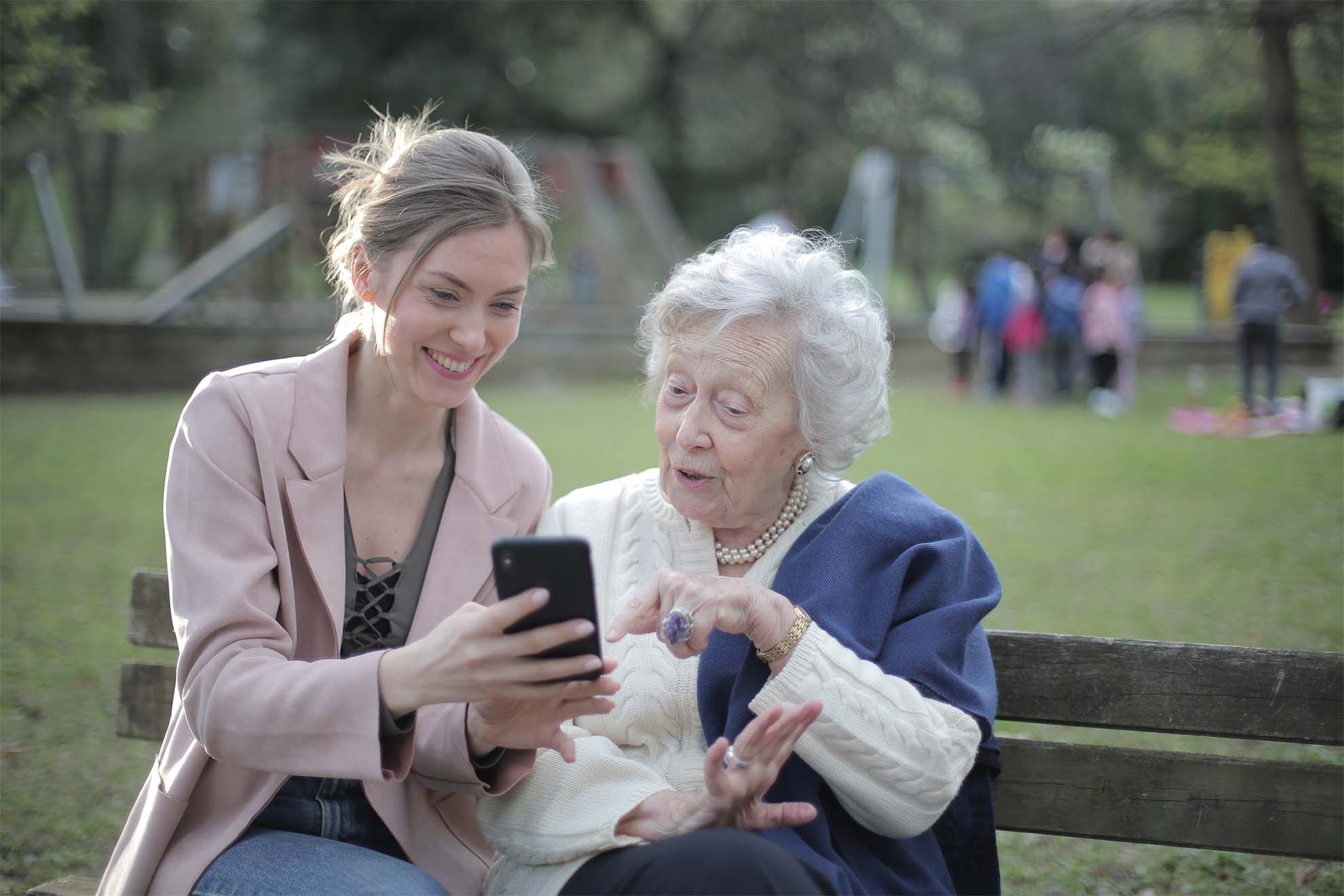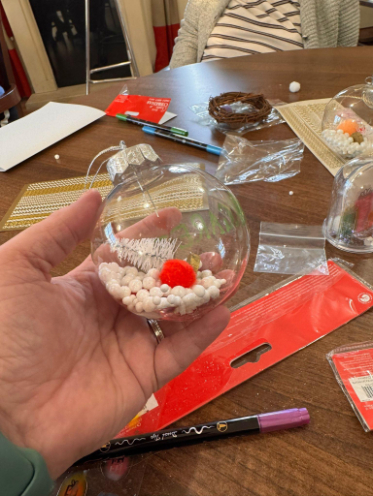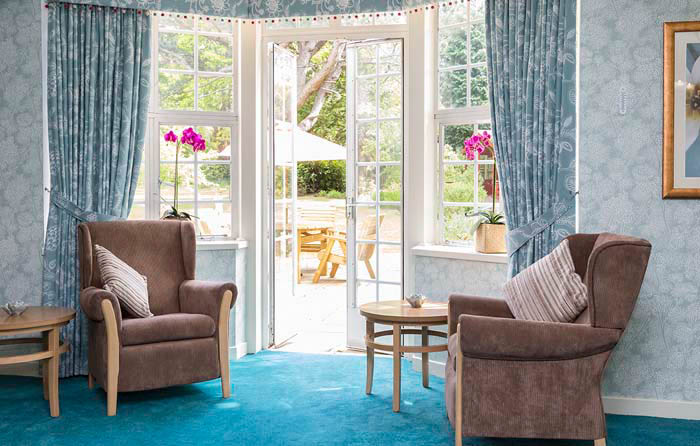What is a Dementia Champion?

Dementia is a condition that affects millions of people around the world, including many in the UK. It impacts not only those living with dementia but also their families, carers, and communities. In order to provide the best possible care, support, and guidance to those affected, a new wave of professionals known as dementia champions has emerged. But what exactly is a dementia champion, and how do they make a difference?
Understanding Dementia and Its Challenges
Dementia is a broad term used to describe a variety of conditions that affect the brain, leading to a decline in cognitive functions such as memory, reasoning, and communication. Alzheimer's disease is the most common form of dementia, but there are many others, including vascular dementia and Lewy body dementia. People living with dementia face a range of challenges in their daily lives, and these challenges can affect their families and carers as well.
Dementia care involves not just managing the physical aspects of the condition but also offering emotional and psychological support. Many people living with dementia experience isolation, confusion, and frustration. For their families, the experience of caring for a loved one with dementia can be equally overwhelming. This is where the role of a dementia champion becomes vital.
The Role of a Dementia Champion
A dementia champion is a specially trained individual who leads by example, raising awareness and driving change to improve dementia care. These champions can be found in a variety of settings, from care homes and hospitals to community organisations. They serve as a point of contact for both staff and families, offering advice, education, and emotional support.
Dementia champions are often the first people to step up when it comes to introducing new approaches to dementia care. They support staff, colleagues, and family members by sharing their knowledge and skills to create a more dementia-friendly environment. In many cases, dementia champions are trained by organisations such as Alzheimer's Society, which provides resources, education, and training to help those involved in dementia care.
Key Responsibilities of a Dementia Champion
The role of a dementia champion varies, but there are several key responsibilities that typically define their work. Some of these include:
- undefined
- undefined
- undefined
- undefined
- undefined
The Importance of Dementia Champions
The work of dementia champions is essential for improving the quality of life for those living with dementia. Without champions, many families and carers may struggle to find the resources and support they need. Dementia champions ensure that staff, family members, and even entire communities are better equipped to understand and address the challenges faced by those living with dementia.
Moreover, dementia champions play a pivotal role in improving the overall standards of dementia care. By offering continuous education, raising awareness, and providing expert advice, these individuals help ensure that dementia care is delivered with the highest level of skill and understanding. This helps create a more supportive environment for people living with dementia and those who care for them.
How Dementia Champions Support Families
One of the most significant aspects of a dementia champion's role is their ability to support family members. Caring for a loved one with dementia can be emotionally draining and incredibly challenging. Many family members feel overwhelmed by the changes they witness in their loved one and may not know where to turn for help.
Dementia champions are trained to provide support to family members, whether it’s by offering advice on how to manage specific behaviours, suggesting local support groups, or simply providing a listening ear. They help families navigate the emotional and practical challenges of dementia care, offering education on what to expect as the condition progresses. By empowering families with knowledge and resources, dementia champions enable them to provide better care for their loved ones.
The Benefits of Dementia Champions in Care Homes
In care homes, dementia champions are vital in fostering a culture of care that prioritises the needs and well-being of residents living with dementia. These champions lead by example, creating a positive environment where care staff feel motivated and confident in their roles. They also help to ensure that staff members are well-equipped to handle the challenges that arise when caring for individuals with dementia.
A dementia champion in a care home can help raise awareness about dementia among the entire team, from senior management to support staff. They can ensure that all staff members have the skills, knowledge, and resources necessary to provide high-quality care to people living with dementia. In doing so, they create an environment that is not only responsive to the needs of residents but also inclusive and supportive of their families.
Becoming a Dementia Champion
Becoming a dementia champion typically involves completing additional training to develop the skills and knowledge necessary for the role. Many dementia champions are trained by organisations such as Alzheimer's Society, which offers a range of courses and resources aimed at improving dementia care and raising awareness. Some champions may also have backgrounds in healthcare or social care, though the role is open to anyone with an interest in improving dementia care.
The training usually focuses on understanding the needs of people living with dementia, learning about effective communication strategies, and developing skills to lead and support teams in delivering person-centred care. In addition to formal training, dementia champions must be passionate about making a difference and be willing to invest time and energy into raising awareness and supporting others.
The Role of Dementia Champions in Building a Supportive Community
Dementia champions don’t just focus on individuals; they play a significant role in building a supportive community. By fostering a sense of understanding and collaboration, dementia champions create networks of support that extend beyond the care home or healthcare setting. These champions often collaborate with local support groups, organisations, and even community leaders to create a dementia-friendly environment that extends into the wider community. This approach helps to reduce the isolation often experienced by those living with dementia, making it easier for families and carers to find support and resources when needed. Whether it’s through hosting community events or encouraging businesses to adopt dementia-friendly practices, dementia champions are integral to cultivating a more inclusive society for people living with dementia.
The Emotional Impact on Dementia Care Workers
The emotional impact of dementia care work cannot be overstated. Caring for individuals living with dementia can be both rewarding and emotionally taxing. Dementia champions recognise this and play a crucial role in supporting care workers and other staff members. Through providing emotional guidance, stress-relief resources, and fostering a culture of teamwork, dementia champions ensure that care staff feel supported and valued. This not only improves the well-being of care workers but also enhances the overall quality of care they can provide. By focusing on the emotional needs of support staff, dementia champions help prevent burnout and ensure that those providing care are fully equipped to meet the challenges of dementia care with patience and empathy.
Overcoming Common Challenges in Dementia Care
Dementia care presents many challenges, both for those living with the condition and for their families and carers. One of the most common challenges is communication. People living with dementia may struggle to express themselves or understand others, which can lead to frustration or misunderstandings. Dementia champions are trained to overcome these barriers, helping to teach staff and families effective communication strategies. For example, using simple language, maintaining eye contact, and offering plenty of time for responses can make a significant difference in interactions with people living with dementia. Additionally, dementia champions help caregivers navigate the complex emotional landscape of dementia care, offering advice on how to manage stress, prevent conflict, and maintain emotional connections with their loved ones.
The Future of Dementia Care and the Growing Need for Dementia Champions
As the number of people living with dementia continues to rise, there is a growing need for individuals who are trained to handle the complexities of dementia care. Dementia champions are integral to this shift, ensuring that dementia care evolves to meet the needs of an aging population. With advancements in research and treatment, there is hope for better ways to manage dementia, but the human side of care remains as important as ever. Dementia champions will continue to play a pivotal role in ensuring that care practices are not only informed by the latest research but are also grounded in compassion, understanding, and respect. As more care homes, hospitals, and communities invest in dementia education, the role of dementia champions will expand, making it easier for families, carers, and individuals living with dementia to access the support they need.
The Impact of Dementia Champions
Dementia champions have a profound impact on the people they serve. By providing education, resources, and emotional support, they improve the lives of people living with dementia, their families, and their carers. These champions help to ensure that people living with dementia are treated with dignity, respect, and understanding.
As awareness of dementia continues to grow, the role of dementia champions becomes increasingly important. These individuals are key to creating a future where dementia care is not only more effective but also more compassionate.
Dementia Care in Edinburgh
At Colinton Care Home, our team of dementia champions is dedicated to improving the lives of those living with dementia. Through additional training, continuous education, and a commitment to person-centred care, we aim to provide the highest quality of care and support for all our residents and their families. With our dementia champions leading the way, we ensure that every resident receives the support, respect, and understanding they deserve.






